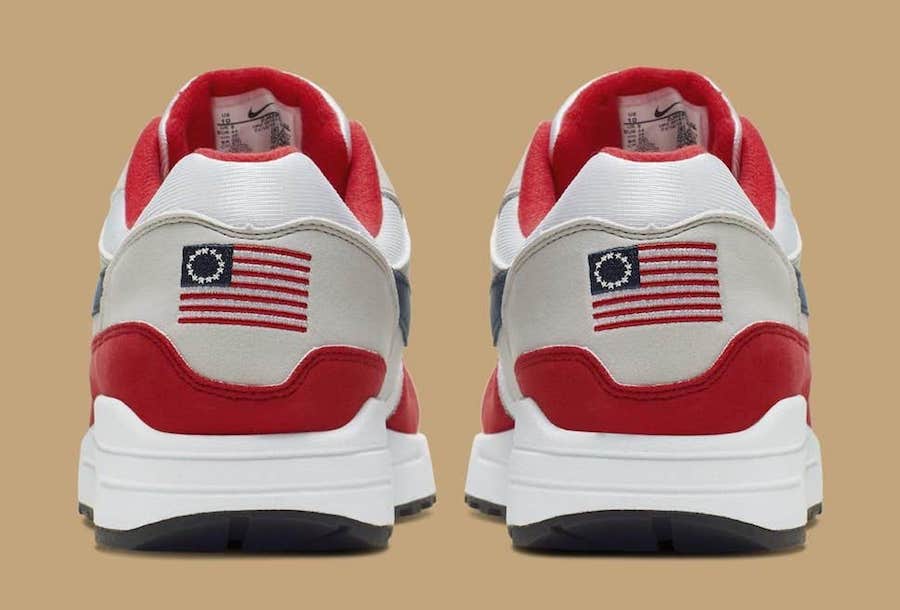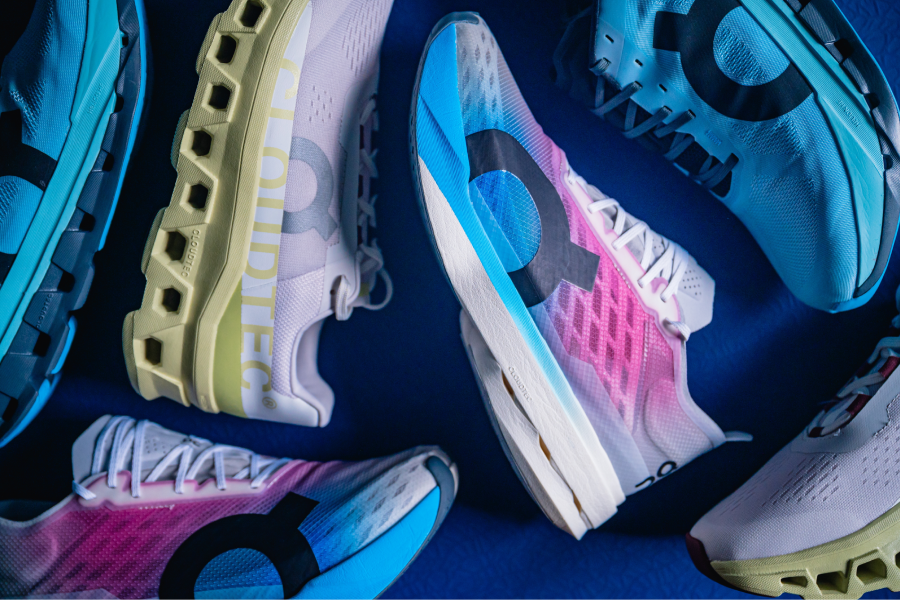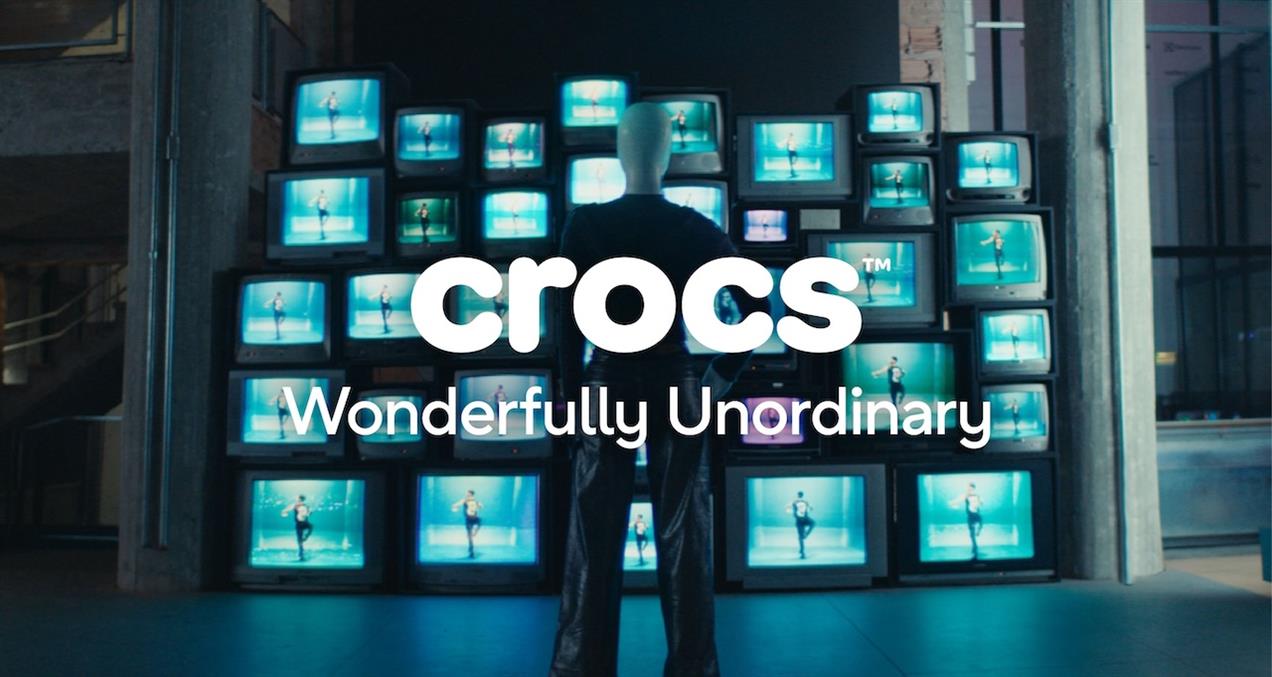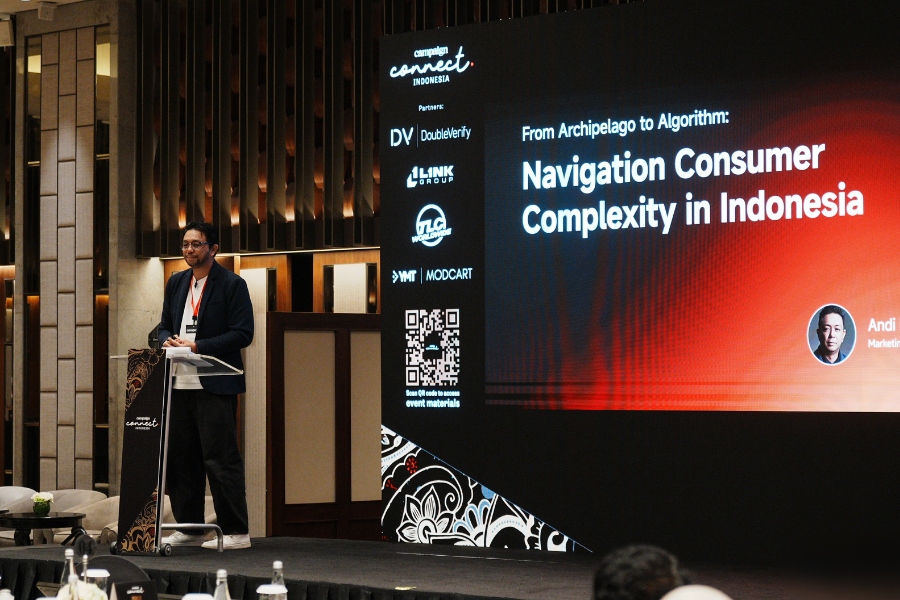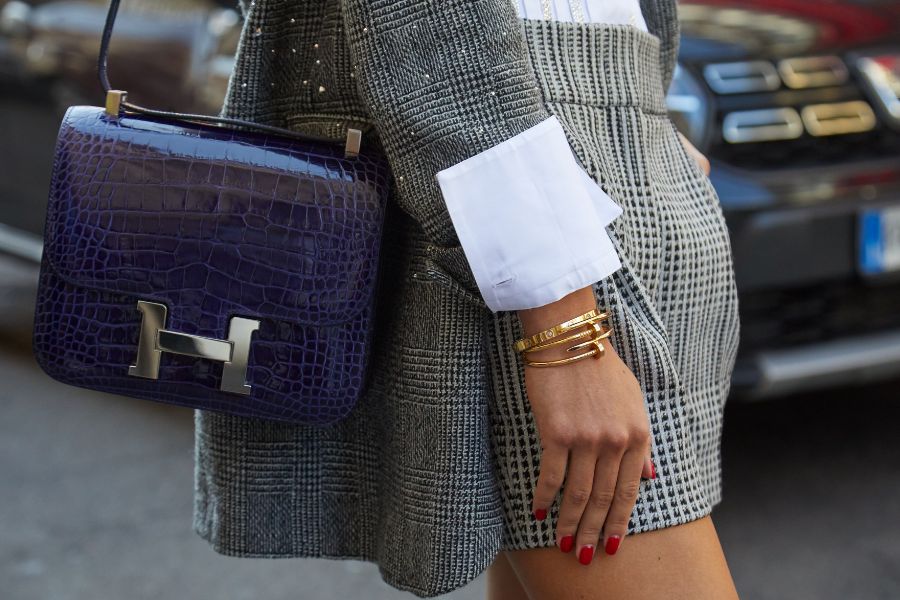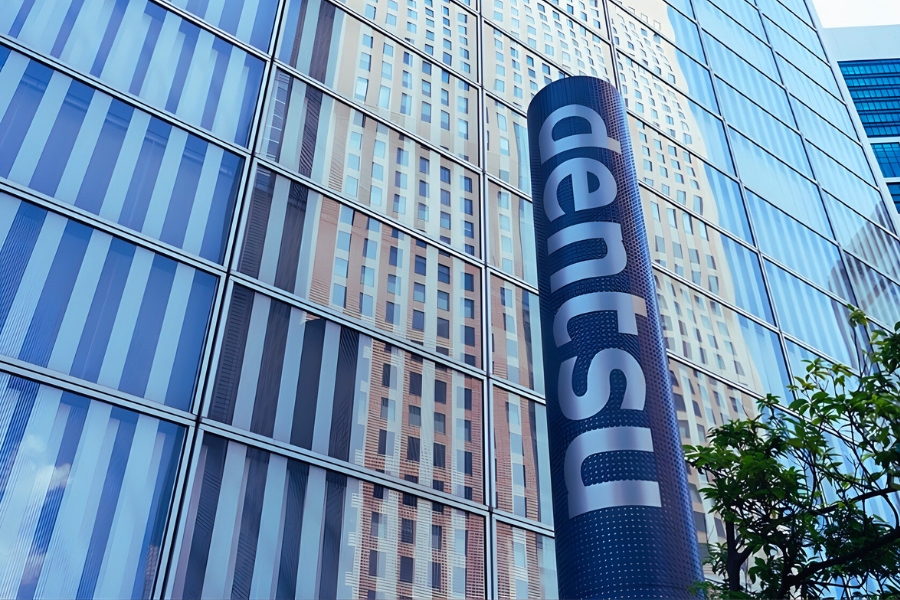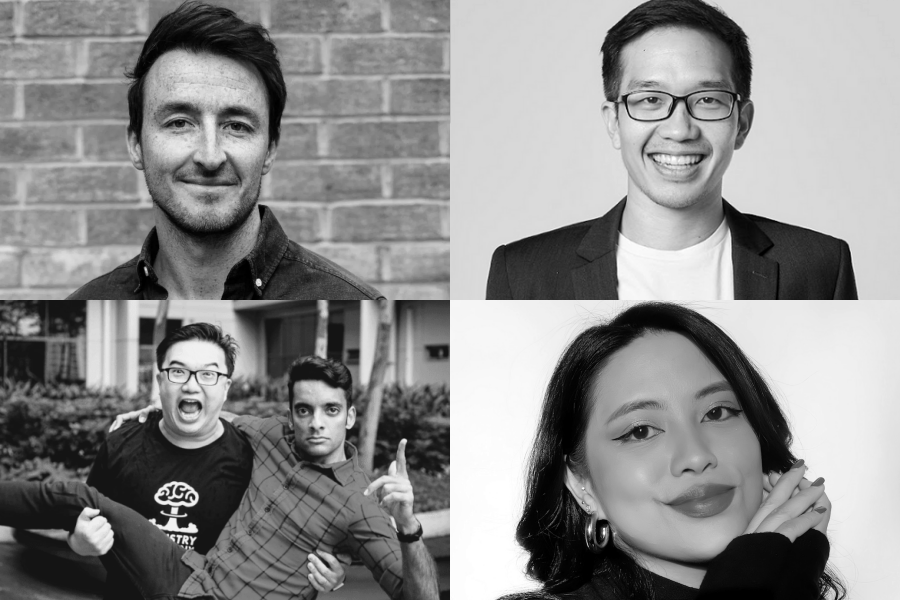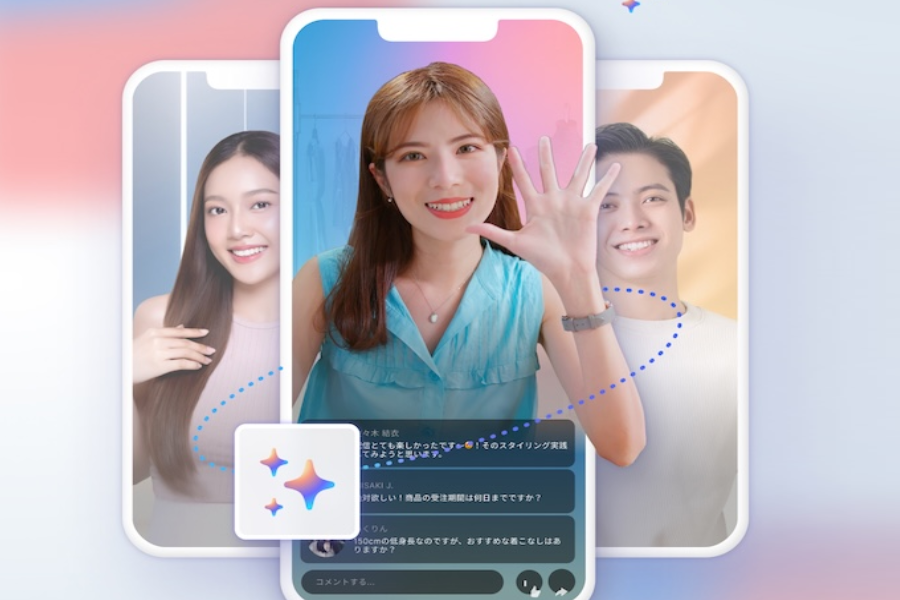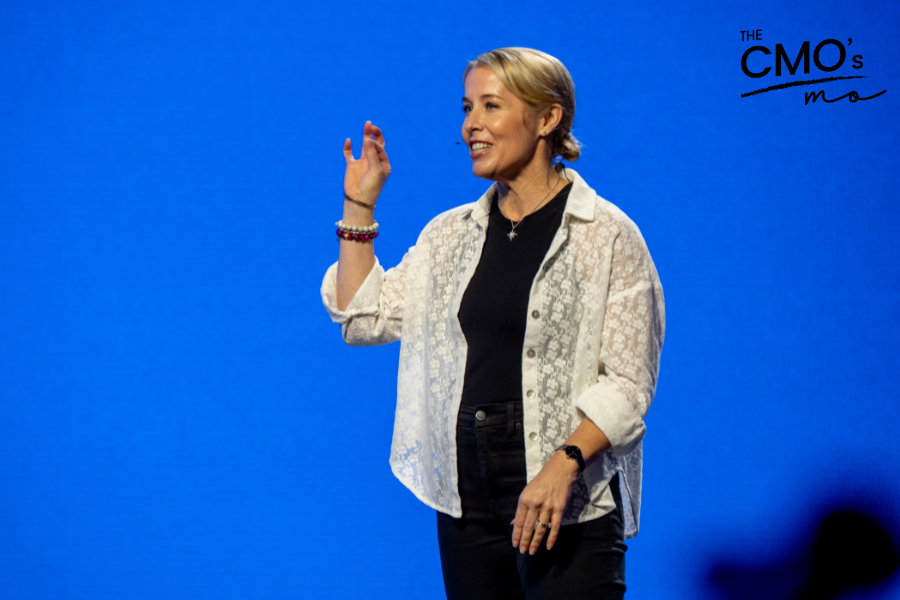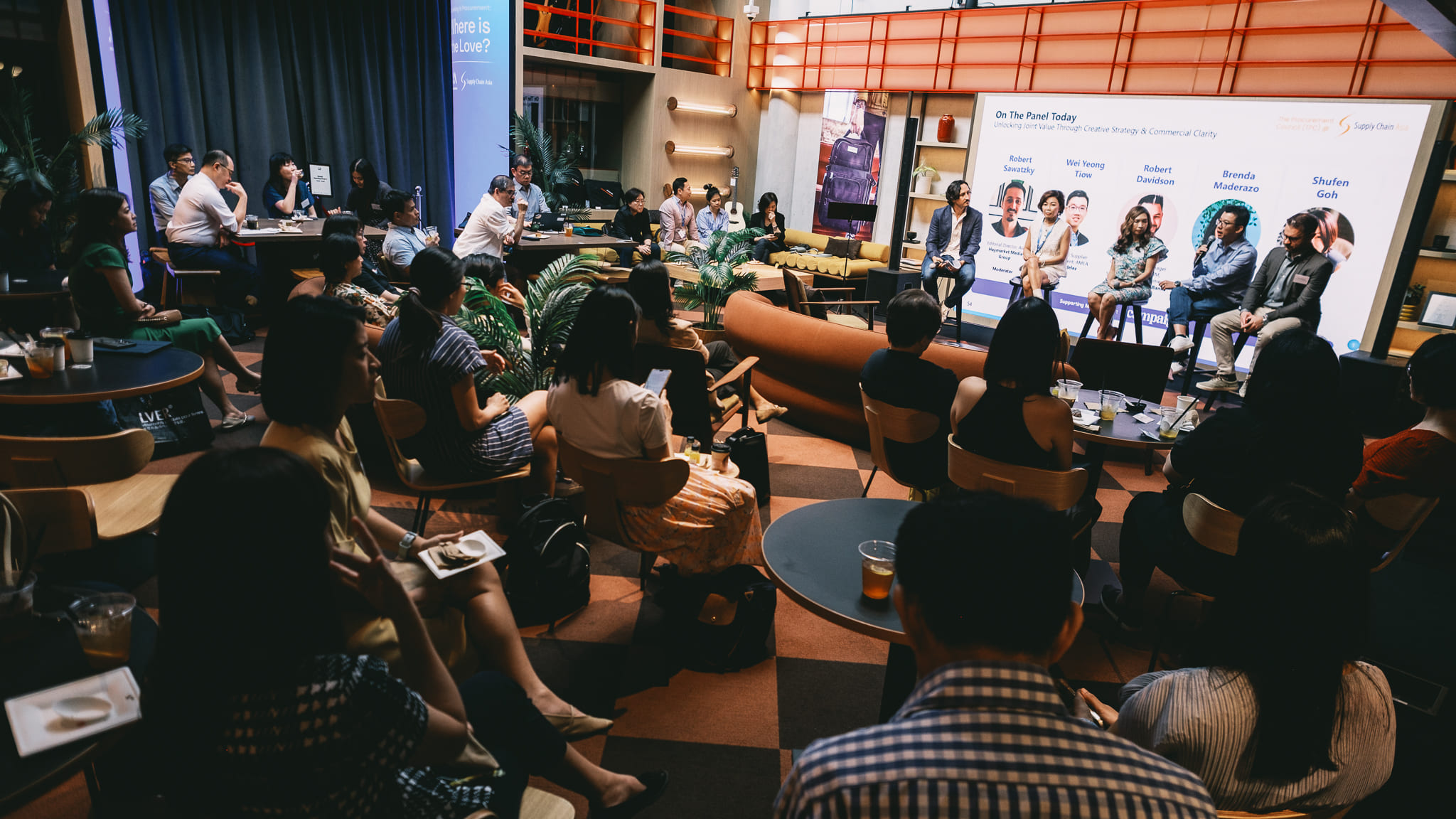Last year was a vintage for racist clichés in advertising, from Heineken telling us "sometimes lighter is better" to H&M’s coolest kid in the jungle and Dolce & Gabbana's orientalist Chopstickgate (embarrassingly defended by Stefano Gabbana).
Gucci even managed multiple blunders. Sikhs were left outraged with white models wearing a US$790 turban and an unbelievable blackface incident left Gucci’s own ambassador, Dapper Dan, calling for immediate action after stating that "there is no excuse nor apology that can erase this kind of insult".
These unintentional but deeply damaging racist campaigns keep emerging from some of the world’s biggest corporations. And, in 2019, they’ve even come from brands you’d least expect it from.
Earlier this month, Nike added itself on to the list. For a brand that so often gets it right, it was surprising to see a rare mistake on race.
Nike used an old-school Betsy Ross US flag on its Air Max 1 Quick Strike Fourth of July (pictured, above). The Internet renamed it the "racist trainer".
Why? The 13 stars on this flag might have seemed like a cool retro motif internally. But if they had dug a little deeper, they would have seen that this very flag has been used by the American Nazi party and is a potent symbol of the white power movement resurfacing in the US.
Nike instantly withdrew the product "based on concerns that it could unintentionally offend and detract from the nation's patriotic holiday".
It was totally the right thing to do. But not without some damage. Nike figurehead Colin Kaepernick announced he found the flag offensive because of its connection to the slavery era.
It’s clear that we live in an era when every mistake is amplified. No matter how soon you correct it, as soon as it’s out there there’s no turning back. No matter how small a part of a campaign it might be, if something slips through the cracks it will be found. The internet sees all.
This puts huge pressure on brands and can often lead to risk-averse decision-making, especially when it comes to issues around race.
But, of course, when you get it right and make a real connection with a marginalised community on an issue such as race, the results can be phenomenal, as Procter & Gamble’s continued work with "The talk" and "The look" has proved. Lest we forget Nike’s continued positive results from "Nothing beats a Londoner" and "Dream crazy" too.
As a person of colour, it can often be bewildering to see badly thought-through creative around race still getting through multiple levels and checkpoints and out into the real world – from agency to brand and beyond. I’m also often left frustrated when it’s assumed that people of colour in the industry should be the ones spotting it.
In her brilliant bestseller Why I’m No Longer Talking to White People About Race, Reni Eddo-Lodge explains (among other things) the burden of people of colour having to educate their white family, friends, colleagues and acquaintances about what is and isn’t OK when it comes to race.
For Eddo-Lodge, racism isn’t seen as something white people have to understand in any great detail, since it doesn’t really affect them (well, negatively at least.)
And this is where some of the problems in our industry lie.

I experienced this first hand in an awards jury I was part of earlier this year, where a piece of work that had serious nods to troubling colonial imagery became a big topic of debate in the room.
For myself and another non-white juror, the problem was really clear to see. Yet the initial enthusiasm towards it from other jurors put us in an awkward situation. Do we have to go there and be those people in the room again? The diversity police?
I actually hesitated, but once one juror brought up the question, I felt I could speak my mind knowing others felt the same.
The conversation that followed was constructive, but all too familiar: a lack of knowledge around basic ideas of identity and race from white colleagues, yet very strong opinions on the subject.
It is emotionally and physically exhausting having to go through this mill, especially in a professional context. You can often feel exposed and fearful of the implications of speaking up, especially if it’s on a regular basis. Sometimes not rocking the boat feels easier.
Listening to communities, hiring from diverse backgrounds and engaging in cultural debate are all positive steps that many major companies and agencies have made in the past few years.
But, in tandem, in order to spot these mistakes and accurately read the cultural barometer around us, we all need to be in the know.
These mistakes are on all of us. And we need to be hyper-aware. Especially if we are at a level of real decision-making.
It is not just the job of diverse staff to spot something. White colleagues are more than capable of doing this too. This is now industry standard of what makes you good at your job.
It’s a matter of doing your homework. Making a personal effort to read and understand topics such as race if you’re going to get involved in communicating around its issues. Immerse yourself beyond the boundaries of our industry.
And most likely you can stop this stuff from seeing the light of day.
Ravi Amaratunga Hitchcock is head of Pi Studios at We Are Pi and a former Channel 4 commissioning editor

